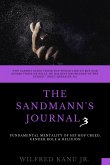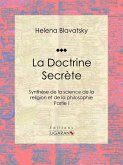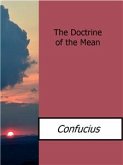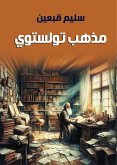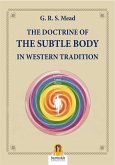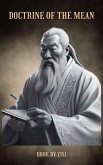The present age is a critical one and interesting to live in. The civilisation characteristic of Christendom has not disappeared, yet another civilisation has begun to take its place. We still understand the value of religious faith; we still appreciate the pompous arts of our forefathers; we are brought up on academic architecture, sculpture, painting, poetry, and music. We still love monarchy and aristocracy, together with that picturesque and dutiful order which rested on local institutions, class privileges, and the authority of the family. We may even feel an organic need for all these things, cling to them tenaciously, and dream of rejuvenating them. On the other hand the shell of Christendom is broken. The unconquerable mind of the East, the pagan past, the industrial socialistic future confront it with their equal authority. Our whole life and mind is saturated with the slow upward filtration of a new spirit—that of an emancipated, atheistic, international democracy.
These epithets may make us shudder; but what they describe is something positive and self-justified, something deeply rooted in our animal nature and inspiring to our hearts, something which, like every vital impulse, is pregnant with a morality of its own. In vain do we deprecate it; it has possession of us already through our propensities, fashions, and language. Our very plutocrats and monarchs are at ease only when they are vulgar. Even prelates and missionaries are hardly sincere or conscious of an honest function, save as they devote themselves to social work; for willy-nilly the new spirit has hold of our consciences as well. This spirit is amiable as well as disquieting, liberating as well as barbaric; and a philosopher in our day, conscious both of the old life and of the new, might repeat what Goethe said of his successive love affairs—that it is sweet to see the moon rise while the sun is still mildly shining...
These epithets may make us shudder; but what they describe is something positive and self-justified, something deeply rooted in our animal nature and inspiring to our hearts, something which, like every vital impulse, is pregnant with a morality of its own. In vain do we deprecate it; it has possession of us already through our propensities, fashions, and language. Our very plutocrats and monarchs are at ease only when they are vulgar. Even prelates and missionaries are hardly sincere or conscious of an honest function, save as they devote themselves to social work; for willy-nilly the new spirit has hold of our consciences as well. This spirit is amiable as well as disquieting, liberating as well as barbaric; and a philosopher in our day, conscious both of the old life and of the new, might repeat what Goethe said of his successive love affairs—that it is sweet to see the moon rise while the sun is still mildly shining...



